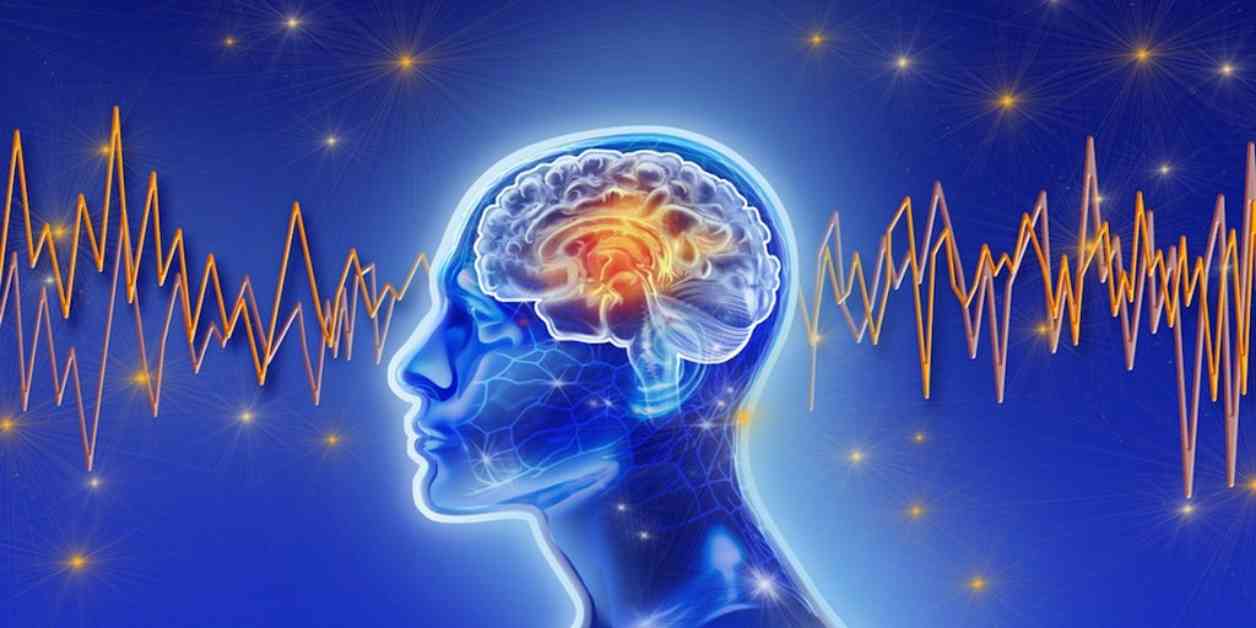Dementia is a growing concern, and Mayo Clinic researchers believe that artificial intelligence (AI) can help with faster and earlier diagnoses. By combining AI with EEG tests, the Mayo Clinic Neurology AI Program (NAIP) in Rochester, Minnesota, was able to identify specific types of dementia sooner than traditional human analysis methods. This groundbreaking research was recently published in the journal Brain Communications.
An EEG, or electroencephalogram, is a test that measures electrical activity in the brain by attaching small metal electrodes to the patient’s scalp. This test produces wavy lines that represent the brain’s electrical impulses. While EEGs are commonly used to diagnose epilepsy, they can also be used to identify other brain conditions.
Dr. David Jones, a clinician specializing in behavioral neurology at Mayo Clinic, explained that changes in brain wave patterns have been linked to dementia and cognitive issues caused by Alzheimer’s disease or Lewy body disease. However, it usually requires specialized analysis, expertise, and manual labor to extract this information from EEGs.
With the use of computer algorithms and AI, Mayo Clinic researchers were able to uncover “hidden information” in patients’ brain waves without the need for manual analysis. The AI tool, trained on data from over 11,000 patients who received EEGs, identified six specific patterns associated with Alzheimer’s or Lewy body disease. This led to a significant increase in the accuracy of readings and a 50% decrease in reading time.
Harvey Castro, an emergency medicine physician, praised Mayo Clinic’s research as a significant advancement. He highlighted the potential of AI-driven EEG analysis in quickly and accurately detecting early signs of dementia, which may not be visible to the naked eye. Castro emphasized the importance of AI technology in processing large amounts of data efficiently and aiding in making informed decisions about patients’ cognitive health.
The ultimate goal is to integrate AI-driven EEG analysis into a comprehensive approach to dementia testing that includes brain scans, blood work, and cognitive tests. This multimodal approach aims to provide a complete model of brain health. While there are several years of research ahead before this technology becomes widely accessible, the potential benefits are promising.
Despite the benefits of AI technology, there are challenges to its integration into clinical practice. Castro warned about the need for proper training for healthcare professionals to effectively use AI tools and the potential risk of over-reliance on AI at the expense of clinical judgment. He also stressed the importance of maintaining a balance between AI technology and the human touch in delivering holistic patient care.
In conclusion, AI-driven EEG analysis has the potential to revolutionize dementia diagnosis and screening processes. Mayo Clinic’s research represents a significant step forward in leveraging technology to improve patient care and outcomes. As researchers continue to refine and develop this technology, the future of dementia diagnosis looks increasingly promising.

















